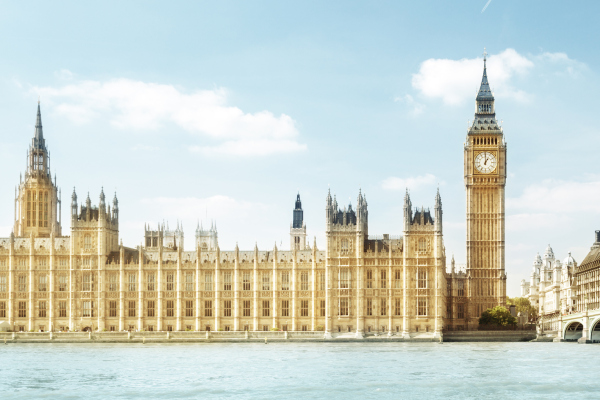Over the past six months we've convened a series of expert panels to bring together a range of voices to help shape and inform our policy response to this ongoing crisis.
Our analysis shows that the UK’s mental health is at a critical juncture. Financial stress is disproportionately hitting the nation’s most vulnerable people, and the services that they could ordinarily turn to are experiencing unprecedented demand and working to increasingly strained budgets.
This is highlighted in our most recent Public Perception Survey where three quarters of respondents (76%) reported that their mental health is being worsened by the current cost of living crisis, which increased from 53% in 2022. The numbers are particularly high amongst women (80%), those aged under 55 (83%), ethnic minority respondents (81%), LGBT+ people (85%) and those with a disability (81%).
Unsurprisingly, demand for counselling and psychotherapy has increased – in our recent members survey, nearly half of respondents described demand as being over capacity, resulting in clients having to be placed on a waiting list, or being referred to other services. Consequently, many people in desperate need of help have been unable to access mental health support from third-sector or NHS providers, or to fund personal therapy. The report also shines a light on the impact that the cost-of-living crisis is having on individual therapists: it includes several recommendations which aim to address the financial instability, precariousness of employment and mental ill health impacting counsellors and psychotherapists during this time of economic struggle.
Lisa Morrison Coulthard, Director of Professional Standards Policy and Research at BACP said: "What’s clear from our analysis is that tackling this crisis will require investment in much more accessible and widely available, appropriate mental health services across a range of settings that provide earlier intervention, and are free at the point of need. Trained yet under-utilised counsellors and psychotherapists have a critical role to play.
"The culmination of our work is a think piece underpinned by strong evidence, lived experience and informed by our members. This includes a 13 point action plan for policy makers across the four nations of the UK urging them to invest across all sectors to make a positive difference to the nation’s mental health. This plan aims to get to the heart of the challenges that so many of our members and services are experiencing as this crisis continues."
We would like to extend our sincerest thanks the members and organisations who took the time to share their experiences in the roundtables that informed this report and its recommendations.

About BACP
We exist for one simple reason - counselling changes lives. Read about our philosophy, values and strategy.

Influencing decision makers
We work with with politicians and decision makers from all four nations to help them understand the positive changes that counselling can make to people's lives.

News from BACP
Read our recent press releases, statements, campaigns and news for members.
